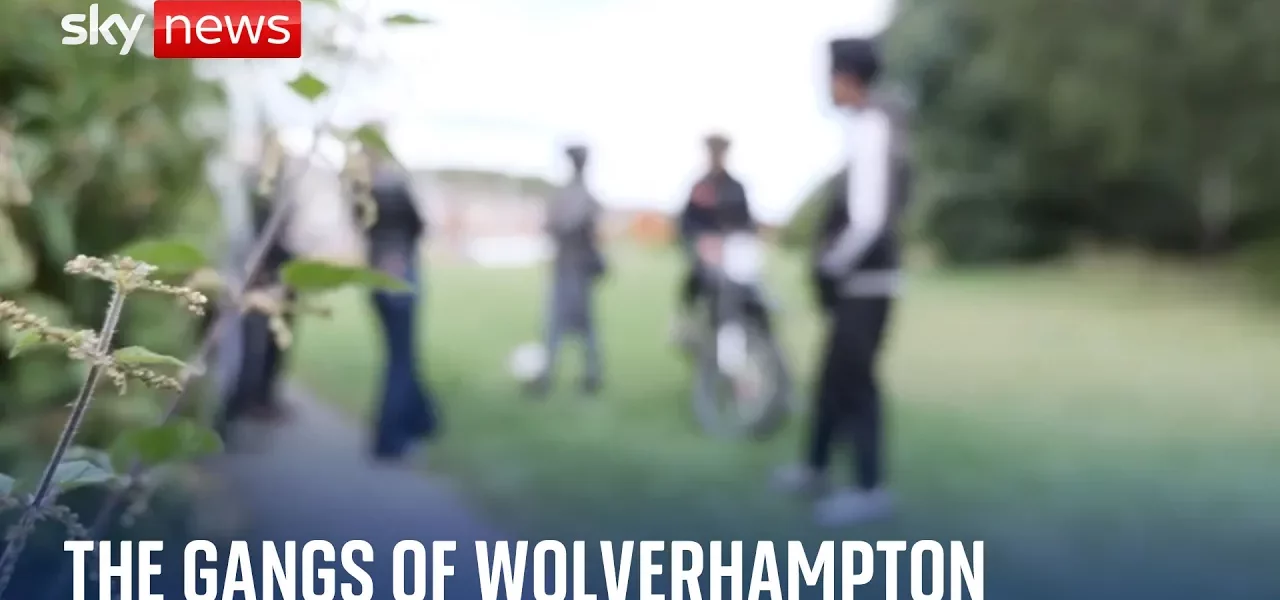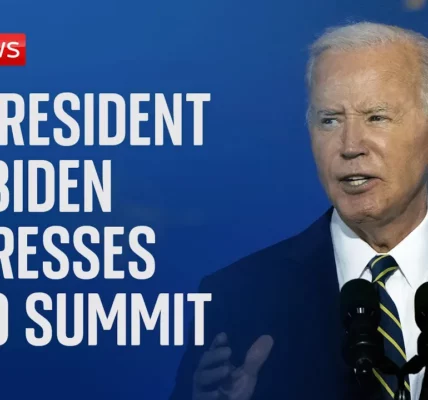Knife Crime Terrorizing Britain’s Streets

This article delves into the alarming rise of knife crime in the UK, particularly in Wolverhampton, through the lens of the tragic murder of Sha Cahi, and explores the motivations behind youth involvement in gangs and violence.
Introduction
The landscape of youth violence in Britain has shifted dramatically, with knife crime becoming an alarming trend among the younger population. The brutal murder of Sha Cahi, a victim of a random stabbing by two 12-year-olds, underscores a grave reality that many communities face today. This incident not only shocked the local community but also raised questions about the influences driving children towards gang culture and the increasing normalization of violence among the youth. The West Midlands, particularly, has emerged as a hotspot for knife-related incidents, leaving many to wonder about the societal undercurrents that contribute to this crisis.
The Impact of Sha Cahi’s Murder
The life of Sha Cahi was tragically cut short in a senseless act of violence that sent ripples through the community. His murder, committed by the youngest known knife offenders in the UK, is a poignant reminder of the vulnerability of young lives caught in the crossfire of gang rivalry and violence.
Community Reaction
Residents and friends expressed disbelief at the age of the perpetrators, reflecting on their potential futures that have now been irrevocably altered. Many believed that Sha would grow up to be a basketball player, highlighting the lost potential of youth embroiled in violence.
Legal Implications
The anonymity of the young offenders, protected by law due to their age, raises significant discussions about accountability and the legal framework surrounding youth crime.
Understanding the Rise of Knife Crime
Socioeconomic Factors
The prevalence of knife crime in Wolverhampton is closely tied to socioeconomic challenges. Areas characterized by poverty often see higher crime rates, including youth violence. According to community mentor Malachi Nunes, the environment in which these young people live plays a critical role in their choices.
- High unemployment rates
- Limited access to education
- Substandard living conditions
The Influence of Gangs
Gangs have a significant influence on youth culture in Wolverhampton. Young children are often coerced into gang affiliations, feeling pressure to carry weapons for protection:
- Territorial disputes among gangs are common.
- Youth feel the need to carry knives to defend themselves.
- Peer pressure plays a substantial role in their decision-making.
The Psychology of Youth Involvement
Many young people do not fully comprehend the gravity of their actions, often viewing carrying a knife as a necessity rather than a criminal act. This misunderstanding is further exacerbated by their home environments, where violence may be normalized.
The Role of Mentorship and Community Programs
Importance of Positive Role Models
Community figures like Malachi Nunes play a crucial role in guiding at-risk youth. Mentorship programs are pivotal in providing support and alternative pathways:
- Encouraging education and personal development.
- Creating safe spaces for open discussions.
- Providing resources for conflict resolution.
Success Stories
Some individuals, having experienced gang life, now seek to break free and promote positive change. Their journeys serve as powerful testimonies to the impact of supportive community initiatives.
Police and Community Response to Knife Crime
Law Enforcement Strategies
The West Midlands police have ramped up efforts to combat knife crime. Their approach includes:
- Increased patrols in known hotspots.
- Community engagement initiatives.
- Collaboration with schools to educate students about the dangers of knife crime.
Community Involvement
Local communities are encouraged to participate in crime prevention strategies, fostering a collective responsibility to ensure safety and support for vulnerable youth.
Conclusion
The tragic murder of Sha Cahi serves as a catalyst for urgent conversations about knife crime and youth violence in Britain. It highlights the necessity for community involvement, mentorship, and effective law enforcement to tackle the root causes of this crisis. As we reflect on the devastating impact of such incidents, it is crucial for society to come together to provide guidance and support to the younger generation. If you or someone you know is at risk, seek help from local community programs or law enforcement to turn away from violence and towards a brighter future.
“`




